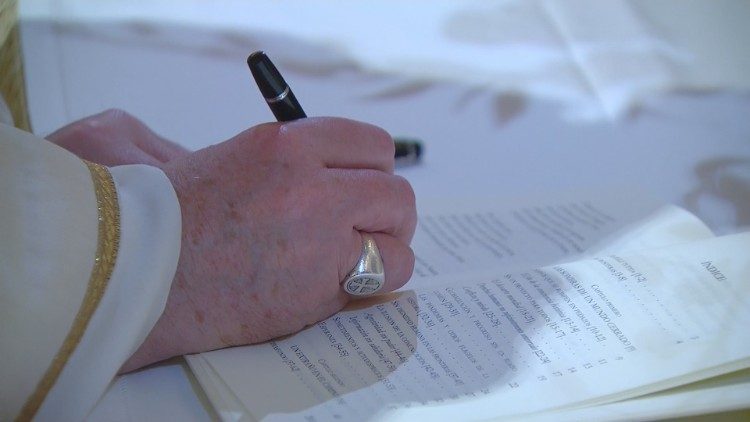As many of you know, the themes addressed by your SIIAEC meeting in Warsaw are topics that our movement has been working on over the past year. The concerns raised by members of our movement around world have led us to launch a campaign on Christian Citizenship and the Crisis of Democracy.
This crisis of governance is not unique to Europe. We see the rise of xenophobia and populism in many places around the world, including here in the United States. We see corruption in nearly all levels of government from the local to the international. I see my students asking questions about the future: Is there any hope in democracy? Is there a future for international structures such as the European Union or United Nations? Should we just give up?
I do believe there is hope. There is a rising consciousness in the world. This new movement emanating from the ground up seeks respond to indifference with solidarity, to corruption with accountability, and to conflict with peace. I am motivated by the actions, for example, of Catholic professionals, many linked to our movement, in the Democratic Republic of Congo who are standing up for ethics and peace – even with the threat of violence.
Moving forward, the future of Europe will be critical for the sustainability of the planet. This is not because Europe is the center of the universe, but it is because the values of solidarity, justice and cooperation are ones that must counterbalance other powerful forces, including the United States, Russia, and China.
Our role as a movement in constructing Europe is historical and well-documented. But I do not believe it is only a relic in the past. Despite the demographic changes facing the church in Europe, Catholics still occupy an important space in a number of countries. What is our responsibility and role in this context? How can we mobilize Catholic professionals, intellectuals, engineers, lawyers, and doctors to take a leading role in renewing the social order based on Gospel values?
I know the challenges that our movement face. But I still think that we have a critical role to play going forward. If there were other church movements mobilizing educated lay Catholics to take a leading role, I might be ok with us turning out the lights. But, I don’t see it. There is an enormous potential that has yet to be actualized. I don’t see many other groups mobilizing young professionals to better integrate faith into their lives as professionals and citizens. I don’t see many lay leaders calling politicians to task for
There is impressive work by some bishops and parishes and religious congregations, but the reality of lay movements is quite depressing. There are some powerful lay groups who seem to exists as if the social crisis was not happening – or worse still, some who actively support the rise of xenophobia and indifference. So what can we do?
The recent exhortation, Gaudete et Exsultate, by Pope Francis on holiness offers us a lot to reflect on. As movements, I don’t know how much we have reflected on the theme of holiness. But I think it could be a space for us to renew who we are and what we are doing. Specifically, Pope Francis reminds us that holiness finds its shape in two biblical teachings. The first are the beatitudes, which the Pope says should be the “Christian identity card” and the second is the teachings in Matthew 25. In his text, Francis is clear that holiness demands more than just individual actions. It demands working for justice and social transformation.
So I might invite you to reflect on our role in brining about holiness among Catholic professionals. This may help transform politics – not in a way where religion takes over the secular state, but like leaven in the bread. In the given political moment, what would it look like if we were Poor in spirit and humble? What would it look like if we mourned the suffering of others? What would our communities look like if, as citizens, more of us truly hungered and thirst for justice? What is more of us were merciful? How would politics look different if we valued those with integrity with a pureness of heart? What would it look like if Christian professionals committed themselves to be peace makers? And how many of us are willing to risk being persecuted for the sake of justice?
This is not an easy question as Pope Francis writes in Gaudete et Exsultate – And it demands much from us. Pope Francis makes a very important point in the text that the Gospel demands much more than individual acts of charity, it calls us to seek social change in politics, and economics. To seek holiness according to the Gospel beatitudes is not easy. By ourselves we will never be able to do it. This is why we need movements and groups like SIIAEC and the wider Pax Romana family – to support one another in the challenges ahead and the universal Christian vocation to be holy in the world.




Leave A Comment
You must be logged in to post a comment.